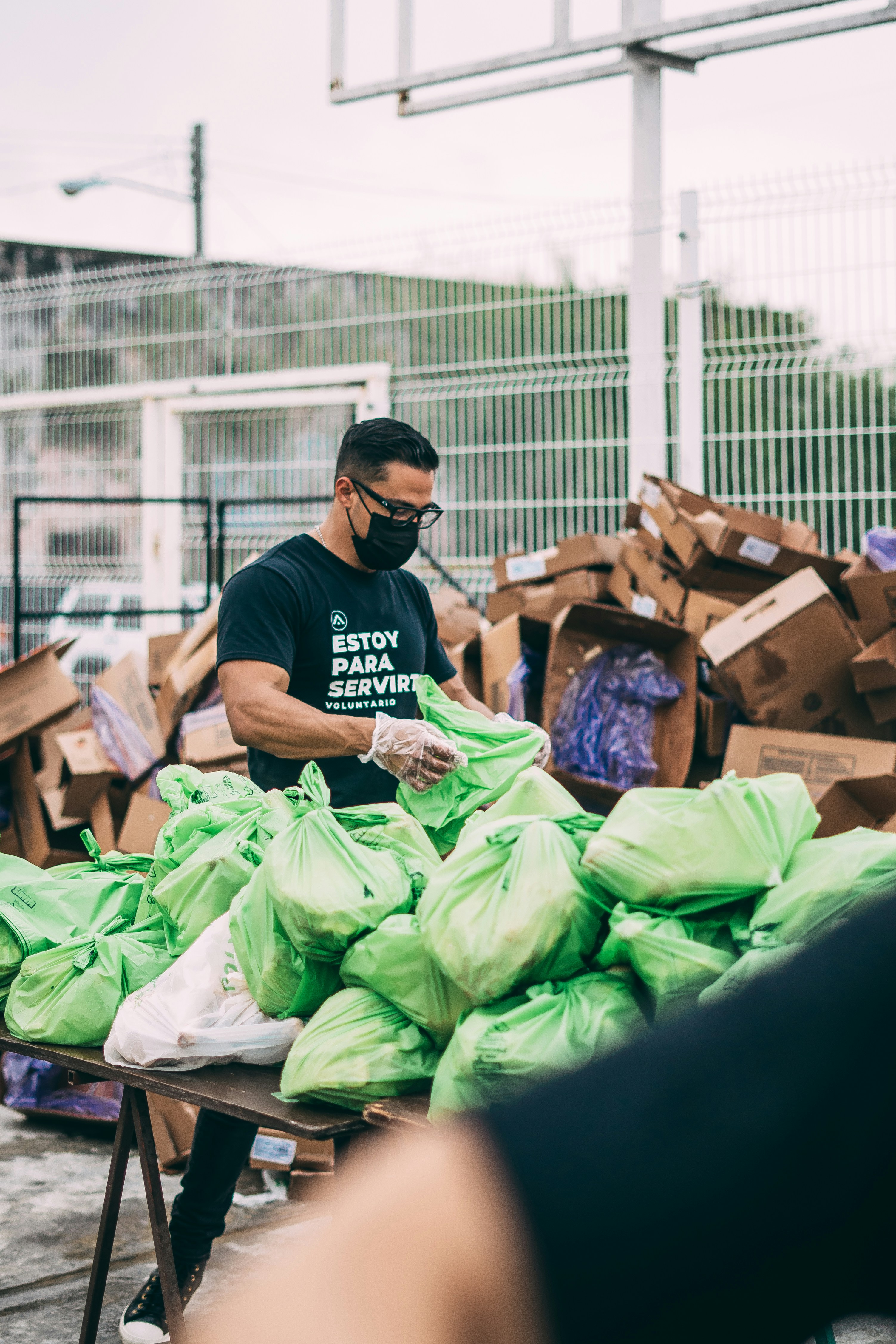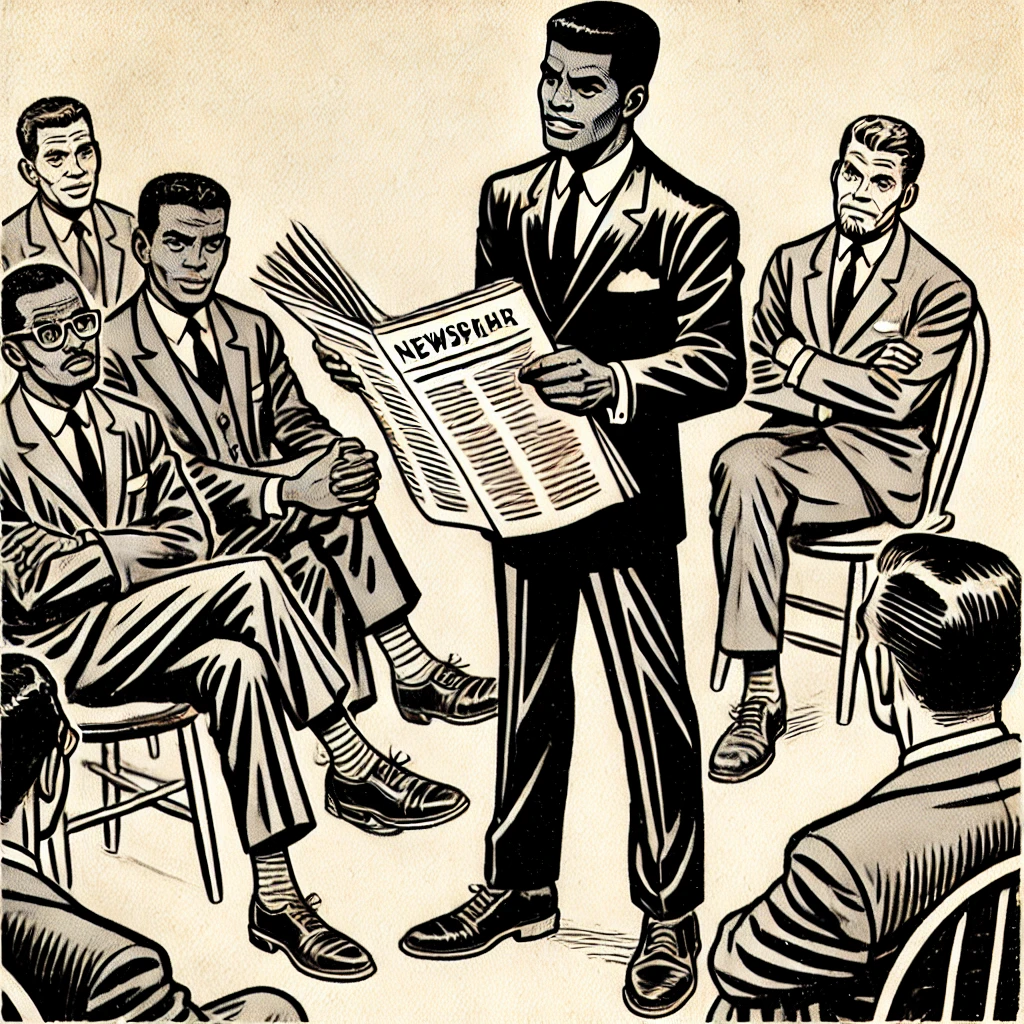Understanding the Black Dollar
The term ‘Black Dollar’ refers to the financial resources generated through the economic activities of the African American community. This concept emphasizes the considerable purchasing power held by African Americans, showcasing their ability to influence market dynamics across various sectors. The Black Dollar embodies not only individual spending but also the collective economic potential of the entire community.
The significance of the Black Dollar lies in its capacity to support local businesses, foster community development, and strengthen economic resilience. According to recent data, African Americans possess an estimated purchasing power of over $1.7 trillion annually in the United States. This substantial figure underscores the importance of recognizing and harnessing this economic influence to uplift neighborhoods and drive progress. Moreover, studies show that a significant portion of this spending tends to circulate within the community, creating a multiplier effect that benefits local enterprises and services.
Spending habits within the African American community reveal a strong inclination towards supporting Black-owned businesses. Research indicates that when African American consumers spend their dollars within their own communities, it leads to approximately 3.5 times the economic return compared to when the currency exits these neighborhoods. These purchasing patterns reflect a commitment to societal well-being, while also showcasing the potential for growth and stability when residents invest in their local economies.
In essence, the Black Dollar serves as a vital resource that can drive economic empowerment. As awareness of its significance grows, it becomes increasingly important for both individuals and community leaders to prioritize strategies that promote the recycling of these funds. By fostering a robust ecosystem centered on the Black Dollar, the African American community can enhance its economic capacity and ensure long-term sustainability.
The Benefits of Recycling the Black Dollar
Recycling the Black Dollar refers to the practice of deliberately circulating economic resources within African American communities. This approach yields numerous benefits that significantly impact local economies, social structures, and overall community resilience. One of the foremost advantages is economic empowerment. When community members prioritize spending at Black-owned businesses, they bolster local entrepreneurship and encourage other residents to establish their own enterprises, thus enhancing the local economic landscape.
Job creation is another critical benefit of recycling the Black Dollar. When money is kept within the community, it fosters a robust cycle where Black-owned businesses hire local residents, leading to increased employment opportunities. For instance, initiatives such as “Buy Black” campaigns encourage people within the African American community to support local artisans and service providers, propelling job creation and stimulating economic growth. Over time, this leads to increased income levels, which can subsequently elevate living standards.
Furthermore, supporting local businesses through the recycling of the Black Dollar allows communities to retain wealth that would otherwise flow outwards. The “economic leakage” phenomenon, where money spent in external establishments departs the community, is curtailed when residents prioritize local expenditures. Successful programs, like community markets and cooperative businesses, have demonstrated the effectiveness of this approach. They not only provide essential services and products but also cultivate a sense of community pride and ownership.
By investing in one’s own neighborhood, residents can influence the overall social fabric, leading to enhanced community engagement and cohesion. This form of economic circulation can uplift entire communities, making them more self-sufficient and resilient against economic downturns. Each dollar recycled within the community has the potential to create a multitude of positive effects, reinforcing the importance of this practice. It is through these collective efforts that the long-term development of thriving, empowered communities can be achieved.
Challenges to Recycling the Black Dollar
The concept of recycling the Black Dollar encompasses the reinvestment of financial resources within the Black community to foster economic growth. However, several challenges and barriers hinder the effective circulation of these funds. Economic disenfranchisement is a significant systemic issue; many Black communities face insufficient access to quality jobs and fair wages, resulting in lower disposable incomes. This economic strain contributes to a cycle of poverty that limits individuals’ abilities to spend within their communities, thereby stunting growth for local businesses.
Moreover, access to financial resources remains a prominent barrier. Predatory lending practices, coupled with a historical lack of investment in Black neighborhoods, have created an environment where securing loans for business initiatives or personal enterprises is extremely challenging. Many Black entrepreneurs face discrimination when seeking capital, often being denied loans due to biased perceptions of risk. This systemic inequality stymies entrepreneurs’ capacity to create and sustain thriving businesses that would enable the effective recycling of the Black Dollar.
Additionally, a lack of support for Black-owned businesses is an obstacle that cannot be overlooked. While there is an increasing awareness of the importance of supporting local enterprises, many consumers still prefer established brands that often do not hail from their own communities. This trend underlines a need for enhanced marketing and support networks that elevate Black businesses and encourage consumers to invest in their local economy. Furthermore, the collaboration among Black entrepreneurs can pave the way for collective growth, yet often, a scarcity of resources prevents these collaborations from forming.
In light of these challenges, it becomes vital to initiate a community dialogue regarding potential solutions. Encouraging local partnerships, fostering financial literacy, and advocating for equitable lending practices are steps that can be taken to overcome the obstacles that impede the recycling of the Black Dollar. Addressing these systemic issues will not only empower individuals but also contribute to the holistic development of the community.
Strategies for Community Engagement and Action
Engaging communities in the process of recycling the Black Dollar is fundamental to building a sustainable local economy. Individuals and groups can take several actionable steps to promote this initiative effectively. One effective strategy involves actively supporting black-owned businesses in your area. This can be achieved by prioritizing purchases from these enterprises, thus ensuring that revenue stays within the community. Creating a list of local black-owned businesses can serve as a handy guide for residents looking to make conscious spending choices that benefit their community.
Collaboration is another key aspect of driving community engagement. Community organizations, churches, and local groups can work together in promoting black-owned businesses through events, workshops, or local markets. Organizing community fairs that feature local vendors, artists, and entrepreneurs can create a festive atmosphere while highlighting the available services and products. Such efforts not only uplift local enterprises but also foster community pride and connectedness among residents.
Education plays a crucial role in raising awareness about the importance of recycling the Black Dollar. Hosting informative sessions and discussions can help demystify the challenges faced by black-owned businesses and the impact that supporting these enterprises can have on economic growth. Engaging storytelling, showcasing successful black entrepreneurs, and hiring speakers from within the community can further solidify the relevance of this cause. By investing in educational initiatives, communities can inspire individuals to take personal responsibility in promoting local economic developments.
Lastly, leveraging digital platforms can significantly broaden the outreach. Creating social media campaigns that encourage others to share their experiences with black-owned businesses can amplify the message. Utilizing hashtags and engaging in local online forums paves the way for increasing visibility. Encouraging residents to share their stories of discovering and supporting black businesses can foster a deeper commitment to the cause.










2 Responses
Having read this I thought it was very informative. I appreciate you taking the time and effort to put this article together. I once again find myself spending way to much time both reading and commenting. But so what, it was still worth it!
thank you